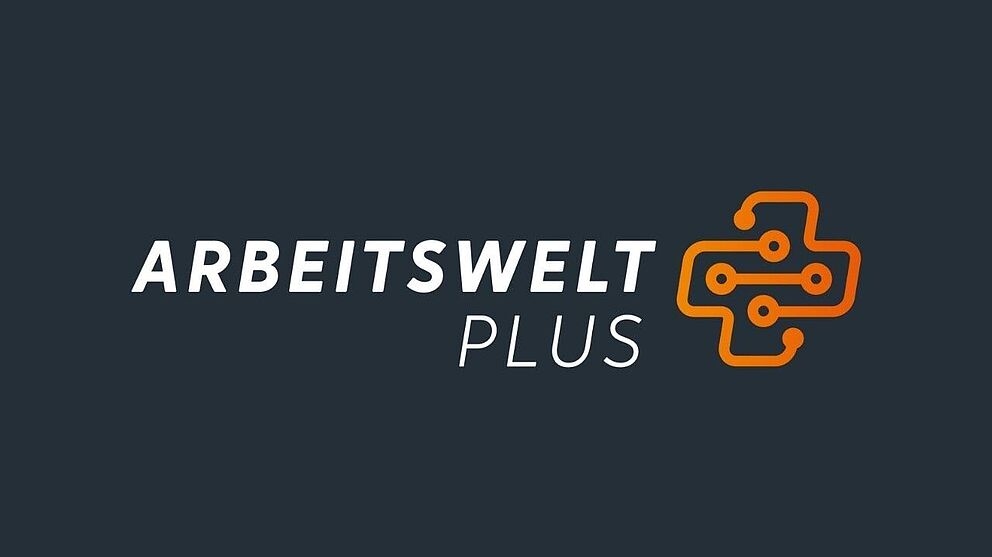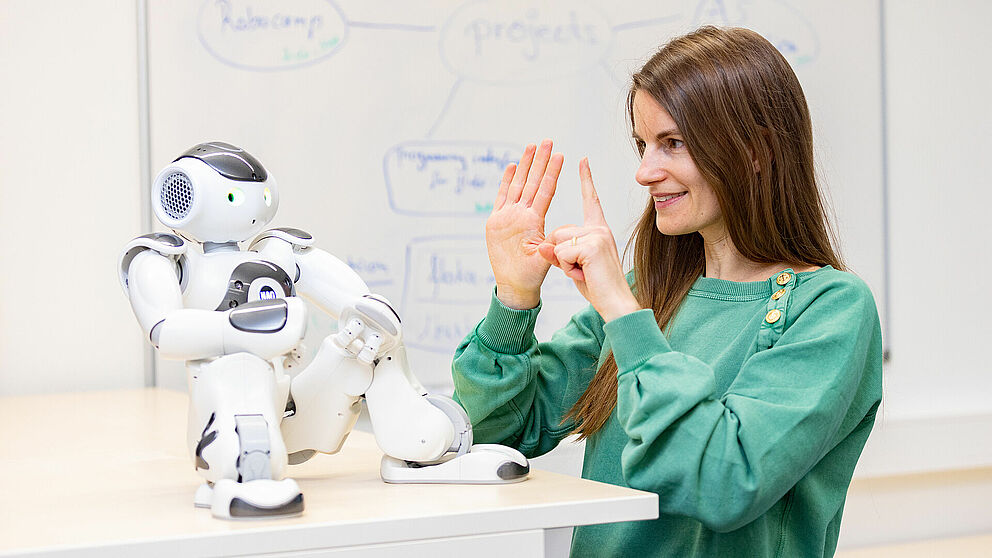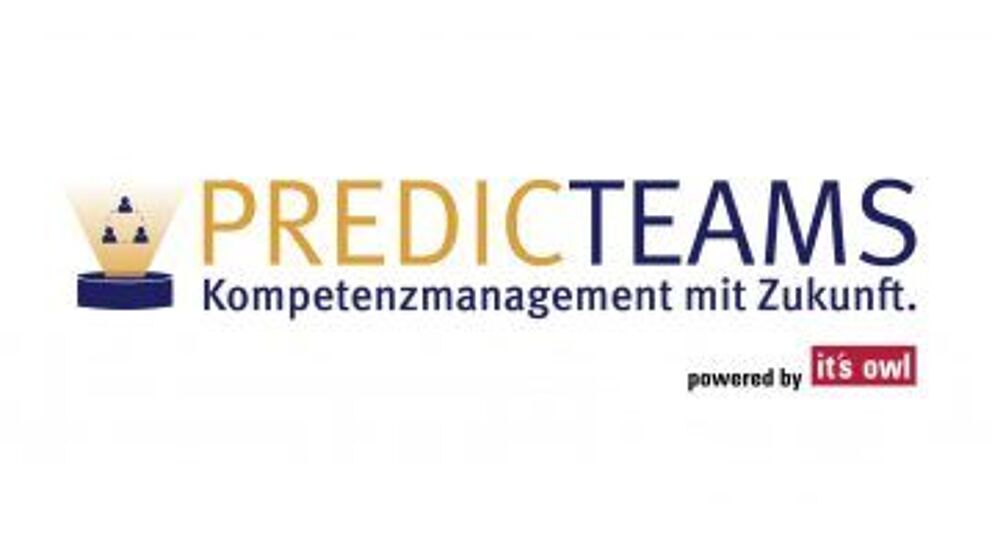Welcome to the Chair of Organisational Behavior!
The Chair of Organisational Behaviour operates at the interface between people and organisations. We investigate how companies build and shape relationships with employees and what effects organisational structures and processes have on employee behaviour.
We appreciate your interest and would be happy to inform you about our courses and current research activities on our website and other platforms.
We work together, we grow together!
Our research
Our research generally aims to understand the behaviour of employees in organisations and to assess the effects of organisational characteristics or measures on employee behaviour.
In the spirit of evidence-based management, we want to help decision-makers in companies to find better solutions to organisational problems.
On this basis, in addition to mainly university research projects, we also pursue numerous projects with practitioners. Our projects can be roughly divided into the topics of teamwork, organisational identity and human-machine interaction.
News from research projects
Our teaching
Companies and employees influence each other: on the one hand, the behaviour of people in organisations is decisive for the success of the company, while on the other hand, the working relationship has a significant impact on the well-being of employees. Organisational behaviour is therefore interdisciplinary, drawing on economic, sociological and psychological theories. It is also empirically orientated, i.e. explanatory approaches are tested on the basis of empirical data using statistical methods.
In our courses, we teach theoretical and methodological foundations in the field of organisational behaviour. Students should learn how to systematically analyse specific problems, make current research findings usable in practice and develop solutions for corporate practice on this basis. In addition, students should be trained to critically analyse management tools and concepts.
We use various forms of teaching and examination. Students are encouraged to actively participate in the learning process, critically scrutinise content and apply newly acquired knowledge. To this end, we combine lectures, exercises (e.g. in the form of business games or the application of empirical methods) and structured self-study. Guest lectures and case studies also provide insights into business practice.
Final theses
In the document below you will find information on the process and topics of your Bachelor's or Master's thesis at our department.
Network
Graduated with us? Stay in touch via our alumni network on LinkedIn and connect with us directly!
Or follow us on Instagram to never miss any news from our department!
Contact us
Organizational Behavior
Warburger Str. 100
33098 Paderborn















